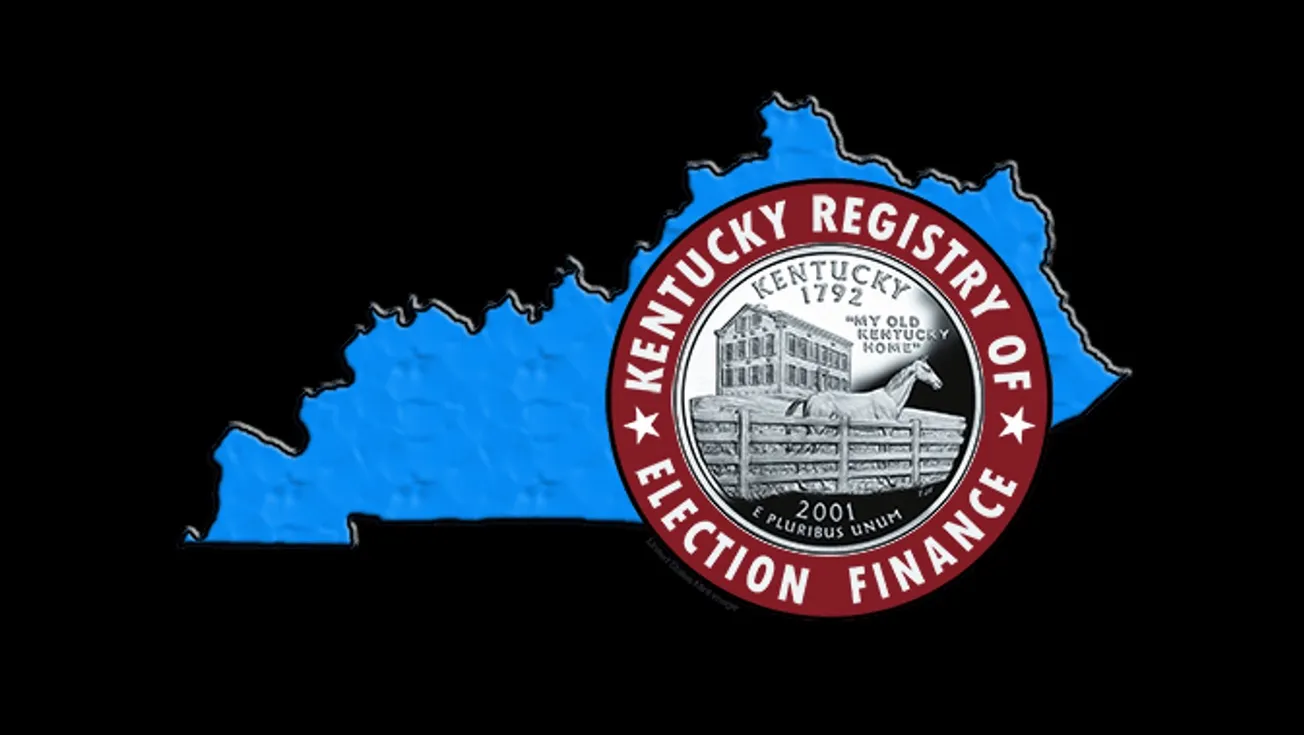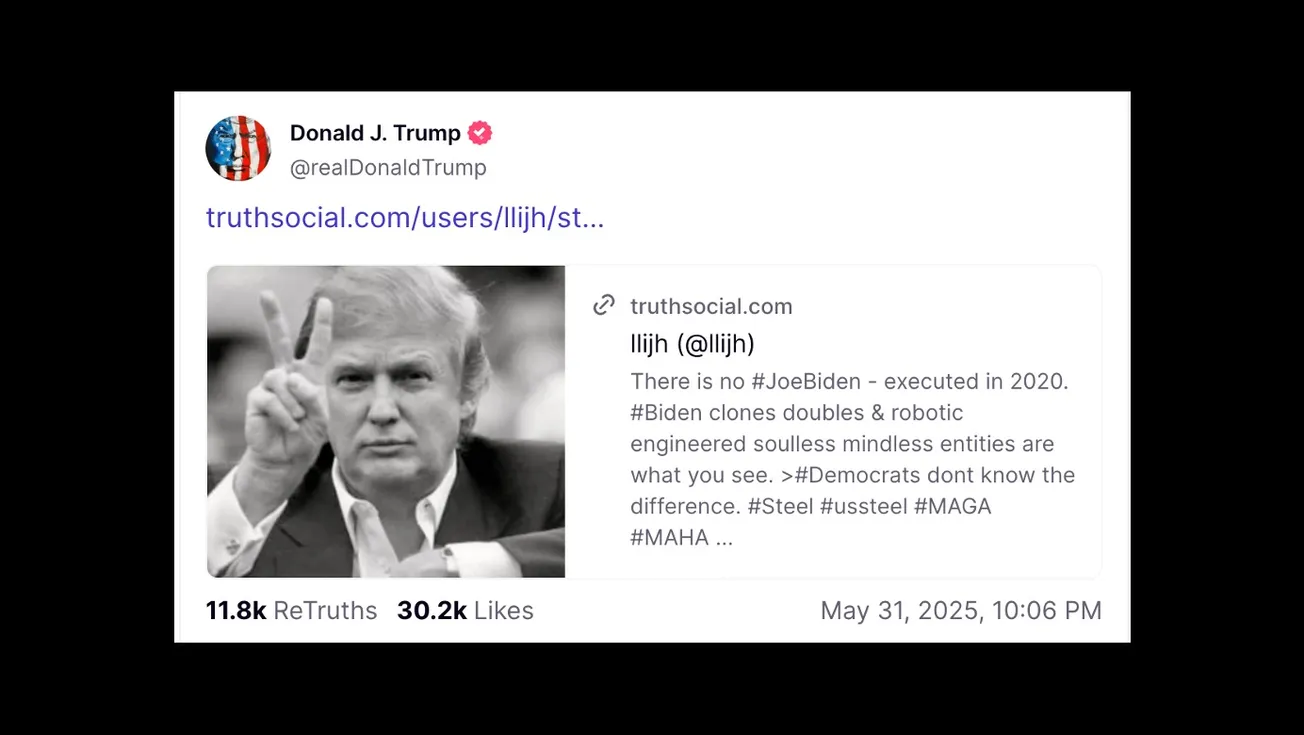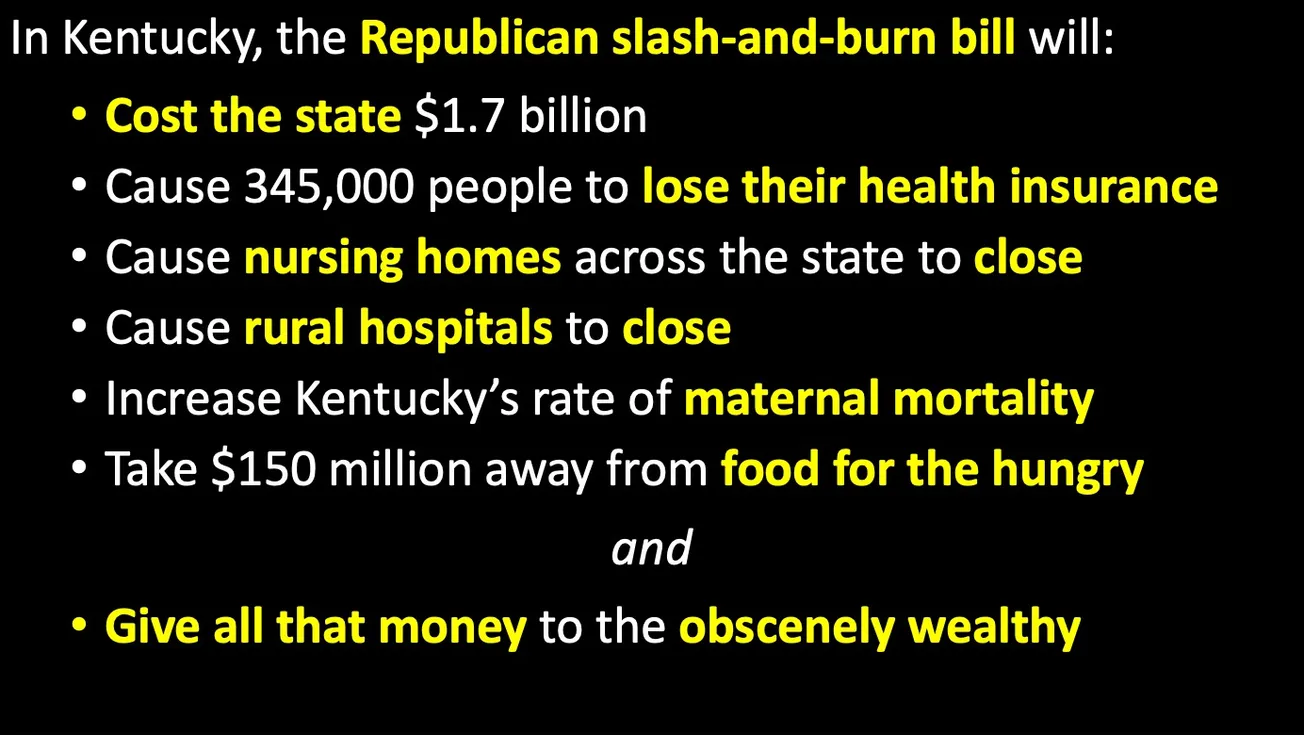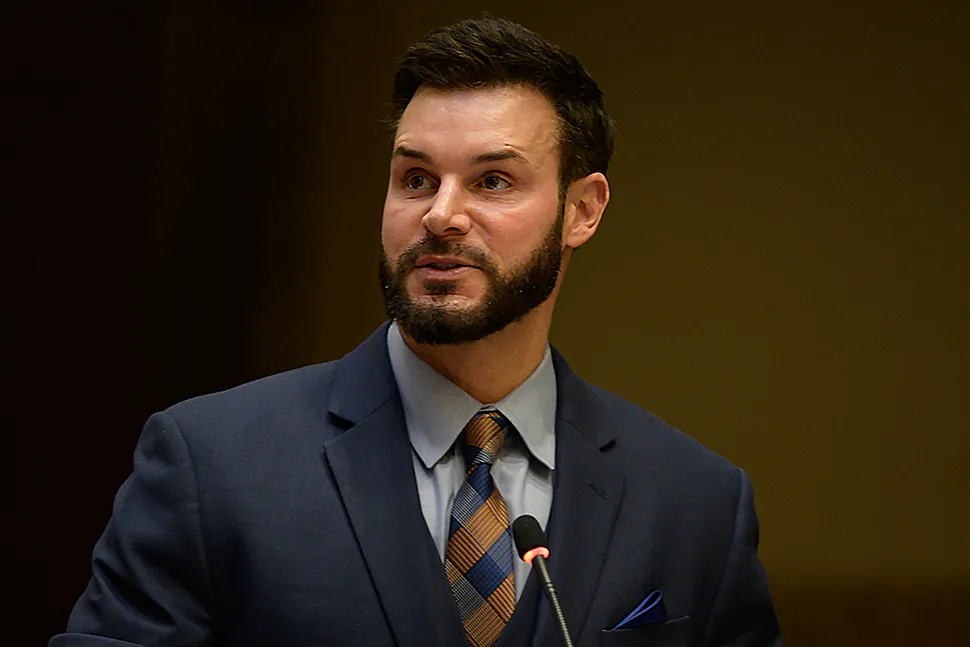As I have noted more than once, the KY Registry of Election Finance (KREF) works hard to help candidates and campaigns keep up with their election finances and file their reports. They want you to do it right, and will bend over backward to help you.
In that vein, they have put together this summary of changes to election finance laws that came out of this year’s General Assembly. All the statues related to this topic are in chapter 121 of the Kentucky Revised Statutes (KRS). The numbers below refer, obviously, to specific sections of that chapter.
And, if you have questions, you can reach out to them via their web site at KREF.KY.gov.
KRS 121.015 is amended as follows:
- To add a definition for “Independent Expenditure-Only Committee.” This term will replace the term “Unauthorized Campaign Committee” as previously used throughout the chapter, which lacked a definition. The term “Independent Expenditure-Only Committee” more accurately reflects the function of these committees than the term “Unauthorized Campaign Committee.”
- To clarify that “Campaign Committees” are committees authorized by a candidate to conduct his or her campaign.
- To add a definition for the term “reasonable cause,” which is used in KRS 121.990(20).
KRS 121.140 is amended as follows:
- To increase the maximum daily penalty the Registry may assess from $100 to $200 for failing to file a report, up to a maximum of $5000.
- To eliminate an arcane administrative hearing process and replace it with the administrative hearing process outlined in KRS Chapter 13B, which is followed by most other agencies. This will simplify the process for both the agency and alleged violators, as the KRS Chapter 13B hearing process is well-established in both statute and case-law.
KRS 121.150 is amended as follows:
- To add that permanent committees and independent expenditure-only committees may make unlimited contributions to independent expenditure-only committees or “as allowed by federal law” to federally registered political committees.
- To further enable campaigns to use funds raised after an election to pay for debts remaining from a previous election.
KRS 121.160 is amended as follows:
- To clarify that even candidates serving as their own treasurer must submit a form with the Registry identifying themselves as their own treasurer.
KRS 121.170 is amended as follows:
- To correct a term used for a federally registered committee (from “federally registered permanent committee” to “federally registered political committee”) and add a U.S. Code citation therefor.
- To allow for a committee treasurer to be a registered voter of another state so long as the committee chairperson is a registered voter in Kentucky. Previously the treasurer was required to be a registered voter in Kentucky regardless of where the chairperson was registered to vote.
- To correct an updated U.S. Code reference.
KRS 121.175 is amended as follows:
- To allow members of the General Assembly, upon approval by the President of the Senate or the Speaker of the House, to use campaign funds to attend a conference, meeting, reception, or similar event; or to “attend an educational course or seminar that maintains or improves skills employed by the member in carrying out the duties of his or her elective office.”
- To allow members of the General Assembly to use campaign funds to pay legal fees incurred defending matters arising from the performance of their official duties.
KRS 121.180 is amended as follows:
- To clarify the requirement that all candidates must submit a spending intent to the Registry when they file to run for office, and provide a timeframe (five days) by which it must be filed with the Registry. Previously candidates were required to file their intent at the same time they filed for ballot access. This change catches this section up with prior changes to the chapter.
- To increase the raising/spending threshold from $3000 to $5000 in order to allow for inflation and place less filing burden on the smaller campaigns. While adjustments were made in the 2017 Session that eliminated a $1000 threshold, the $3000 threshold has existed for at least 30 years.
- To clarify that those candidates raising/spending $5000 or less are only required to file the 30-day post-election report rather than all reports for an election.
- To create a penalty for candidates who do not file a spending intent with the Registry, just like for candidates who fail to file their reports ($200 maximum per day up to $5000 maximum). When a candidate does not file a spending intent, they do not put themselves into the Registry’s filing system and do not show up as owing reports or even as a candidate, which could enable them to go through an election without filing anything.
- To allow campaigns to contribute up to the maximum individual contribution limit (currently $2100) to another campaign all at once rather than $200 at a time. This is a convenience for the campaigns, with no negative impact on disclosure or the overall allowable contribution limit. (This provision went into effect when the bill was signed).
KRS 121.190 is amended as follows:
- To provide additional guidance for disclaimers placed on campaign signs and materials regarding legibility, as well as when a disclaimer is required. Also provides a 48-hour window to make corrections.
KRS 121.210 is amended as follows:
- Merely to accommodate the change in terminology from unauthorized campaign committee to independent expenditure-only committee.KRS 121.230 is amended as follows:
- To provide additional guidance for the use of income tax checkoff funds by executive committees. There has been confusion over what was meant by “the administrative costs of maintaining a political party headquarters” in the statute as written, which is clarified by this additional language.
KRS 121.990 is amended as follows:
- To provide for penalties for failing to comply with the Registry’s statutorily mandated audits. The new language enables the Registry, with ample notice, to assess penalties from $1000 to $10000 monthly if such records are not provided within 90 days of request, absent reasonable cause.







